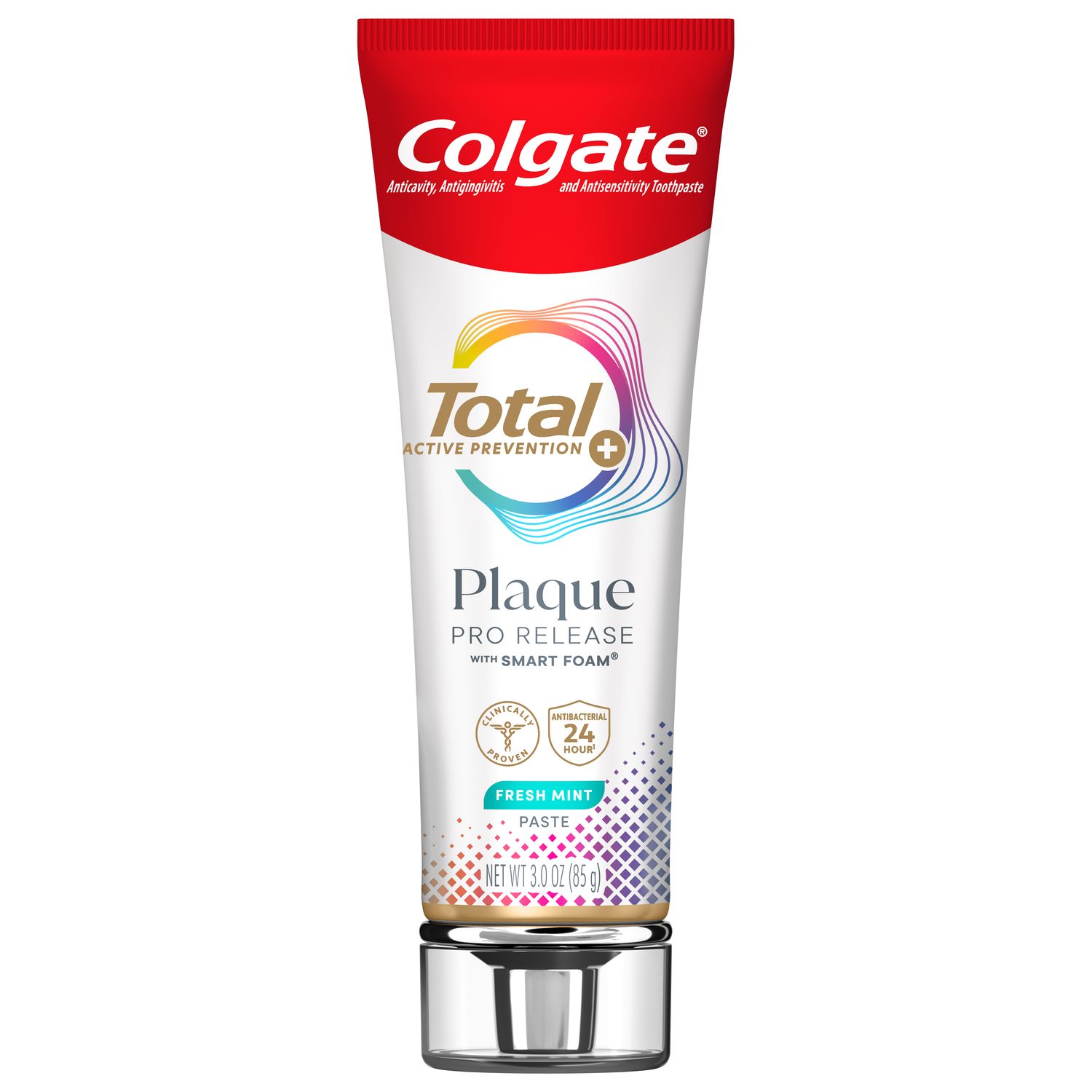
Well-rounded clinical skills are vital for a thriving dentistry career, but they’re far from the only ingredient you need for success. Often overlooked in dental education, emotional intelligence is the most valuable skill you never knew you needed! In this article, you can find out exactly what emotional intelligence is, how it can benefit your clinical practice, and how to build this essential skill.
What is emotional intelligence?
Emotional intelligence refers to your ability to recognize, understand and manage the emotional needs of yourself and others. There are four key attributes; somebody demonstrating these would be said to have high emotional intelligence, or a high intelligence quotient (EQ — similar to the concept of IQ).
Self-awareness is the ability to:
View yourself clearly and objectively.
Recognize your own emotions.
Understand how your emotions influence your thoughts, moods and behaviors.
Be conscious of your characteristics, abilities, strengths, and weaknesses.
Self-management is the ability to:
Regulate your emotions in healthy, appropriate and constructive ways.
Exercise control over impulsive or destructive behaviors.
Adapt to changes and demonstrate resilience in the face of pressure.
Motivate yourself and trust in your initiative.
Social awareness is the ability to:
Understand and relate to other people.
Recognize emotional cues in other people and respond appropriately.
Understand and empathize with the perspectives, needs and concerns of others.
Understand and function within the dynamics of a group.
Relationship management is the ability to:
Develop and maintain positive relationships.
Manage interpersonal interactions successfully.
Communicate clearly with others.
Manage conflict in a healthy and constructive way.
Benefits of emotional intelligence in dentistry
Emotional intelligence offers significant benefits to you and your patients. This article discusses how, when it comes to success as a dental practitioner, emotional intelligence is just as important — if not more so — than clinical competence. You can refine your clinical skills to perfection, but ultimately you are performing them on people whose evaluation of you will be guided largely by their emotions. Naturally, that means your ability to connect with them on an emotional level will dictate the success of the relationship and, potentially, the treatment outcome.
Self-awareness
As a dental student with strong self-awareness, you will be able to recognize when your own emotions may be affecting how you interact with patients or peers. This is especially important in a stressful profession like dentistry, where stress can impact job satisfaction, patient care, and your own wellbeing. Self-awareness can help you to recognize and address stress before it becomes problematic, potentially avoiding burnout. This study found an inverse relationship between emotional intelligence and perceived stress, while this analysis found that higher emotional intelligence was associated with higher academic performance in dental students and could be a key tool for coping with stress.
Self-awareness can also help you to accurately assess your strengths and weaknesses as a clinician. With this skill, you can identify opportunities for growth and feel confident seeking feedback, support and guidance. This greatly benefits your professional development, in turn benefiting your patients.
Self-management
When interacting with patients, poor self-management skills may lead you to take feedback personally, project your own emotions onto the patient, or create/escalate conflicts. By improving these skills, you can maintain professionalism, use objective clinical judgment, and avoid conflicts and complaints. Research indicates that patients of dental students who score highly in stress control, optimism and mood regulation are more likely to be satisfied with their treatment. With good control over your emotions and behaviors, you can also benefit from greater motivation, perseverance and resilience — all attributes that can help you continue to elevate your practice and achieve better outcomes for patients.
Social awareness
Every patient that walks through your door will bring their own unique circumstances, wants, needs, and challenges. Strong social awareness will help you to pick up on each patient’s emotional cues, empathize with them, and gain their trust. In doing so, you increase the likelihood that your patient will open up to you, work with you to create a tailored treatment plan, and co-operate with your recommendations. You also decrease the likelihood of conflict or treatment failure. That means better outcomes for the patient and greater satisfaction on both sides.
Relationship management
Finally, strong relationship management skills will help you to build a successful and long-lasting partnership with your patient, in which they’re motivated to return time and time again for routine and preventative care. The way you build and conduct your relationship can positively shape their perceptions and expectations of oral care, making them more likely to invest in maintaining their oral health.
Applying emotional intelligence in your clinical routine
Unfortunately, research indicates that only a small minority of dental students demonstrate good emotional intelligence. Fortunately, emotional intelligence is a skill that can be developed and refined! Here are some tips for improving your emotional intelligence in the four key domains.
Self-awareness
Ask for constructive feedback from advisors, colleagues, peers and patients.
Practice mindfulness techniques, e.g. meditation, to cultivate self-awareness.
Consciously notice your emotions throughout the day and observe the preceding factors, physical sensations and reactions that accompany them.
Try to observe your emotions objectively and ask yourself what they may be trying to tell you about the situation.
Keep a daily journal to reflect on your experiences and identify strengths and learning opportunities.
Self-management
Pay attention to “self talk” during difficult moments. Are the words you speak to yourself harmful or encouraging? How can you change the former to the latter?
Develop techniques for managing stress triggers, e.g. breathing exercises.
Remove as many minor stressors from your day as possible. Things that may seem inconsequential on their own can add up to emotional overload.
Make a plan to address skill gaps or weaknesses. For example, if you identified that speaking to patients makes you feel flustered, seek out guidance or communication training.
Challenge your perspective. How might you reframe difficult situations in a more positive light?
Social awareness
Show a genuine interest in your patients by remembering things that are important to them. This can be anything from an upcoming kid’s graduation or a needle phobia mentioned in passing.
Ask open-ended questions to give your patients the chance to talk about their oral health and any concerns they have. Use information from their answers to ask more specific, in-depth questions.
Practice positive body language, such as open posture and appropriate eye contact.
Observe other people who appear to interact with ease. What kind of questions do they ask? What does their body language look like?
Don’t just listen to what people say; observe their body language and other cues while they’re speaking. Subtly mirror their positioning, posture, expressions or gestures, and be sure to match the tone and speed of their voice.
Always try to imagine how you would feel or what you might want/need in the patient’s position.
Relationship management
Treat your patients like partners and equals. That means actively soliciting their feedback and opinions, giving them options, and answering their questions honestly.
Respect the patient’s right to make the final decision about their treatment path even when you don’t agree.
Seek out lessons from conflicts and challenging interactions. What would you have done differently? What have you learned that you can apply in future scenarios?
As you get to know patients better, use appropriate humor and self-disclosure (relevant anecdotes about yourself) to strengthen relationships.
Join us
Get resources, products and helpful information to give your patients a healthier future.
Join us
Get resources, products and helpful information to give your patients a healthier future.













